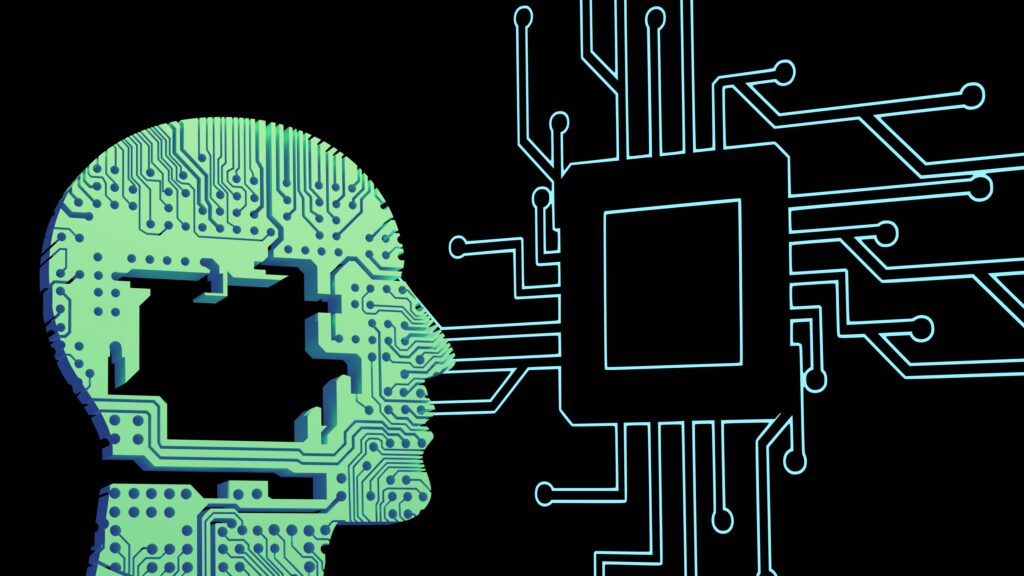The recent surge in accessible AI tools, coupled with powerful computational capabilities, has swiftly moved AI from academic research labs into the very heart of global enterprises. One of the most significant shifts witnessed in the past year is the widespread adoption of generative AI, initially recognized for creative tasks, now proving its immense value in industrial applications far beyond content creation. For instance, in manufacturing, industry giants like Siemens and Bosch are actively leveraging AI to implement predictive maintenance. This means AI systems analyze vast amounts of real-time sensor data from machinery to forecast potential failures before they even occur, drastically reducing unscheduled downtime and cutting maintenance costs by an average of 15-25%. This move from reactive repairs to proactive, strategic interventions powered by Machine Learning algorithms is a genuine game-changer. Furthermore, reports from logistics and supply chain innovators indicate that AI-driven automation is not only improving delivery times by up to 20% but also cutting operational costs significantly, particularly since early 2023, as more mature and integrated AI solutions became commercially viable for broader deployment.
According to a comprehensive 2023 report by Gartner, global spending on AI software is projected to reach nearly $200 billion by 2025, underscoring the massive investment and unwavering confidence industries are placing in these intelligent systems. This robust data highlights not just a growing trend of adoption but also the tangible return on investment companies are consistently seeing. A separate, insightful study by McKinsey & Company further revealed that companies strategically integrating AI into their core operational processes reported an average profit margin increase of 3% to 15%, alongside substantial improvements in productivity. This isn’t merely about simple automation; it’s about AI augmenting human capabilities, allowing for more precise, data-driven insights, accelerating innovation cycles, and fostering a deeper, more nuanced understanding of complex market dynamics. The healthcare sector, for example, is witnessing groundbreaking applications where AI assists in everything from accelerating drug discovery timelines and personalizing patient treatment plans to vastly improving diagnostic accuracy.
The profound impact of intelligent systems extends far beyond mere operational efficiency; AI is fundamentally altering competitive landscapes, compelling businesses across all sectors to either adapt swiftly or face the significant risk of obsolescence. Companies that proactively embrace and integrate AI into their strategic framework are consistently gaining significant advantages in every facet of their operations, from accelerating product development and enhancing market responsiveness to revolutionizing customer engagement. Consider the dynamic retail sector: advanced AI-powered recommendation engines, combined with sophisticated demand forecasting tools, are not only enriching the customer experience by offering hyper-personalized suggestions but also optimizing inventory management, minimizing waste, and maximizing sales potential. The recent advent of highly advanced Large Language Models (LLMs) has also utterly revolutionized customer service, enabling sophisticated chatbots and virtual assistants to seamlessly handle complex queries and even manage entire customer journeys, thereby freeing human agents to focus on more intricate, high-value problems and significantly improving overall service quality and customer satisfaction across a diverse array of industries.
Looking ahead, leading industry experts and futurists unanimously predict an even deeper, pervasive integration of AI into virtually every facet of industrial operations and daily life. Dr. Fei-Fei Li, a globally recognized pioneer in AI research, consistently emphasizes the critical importance of the future of “Human-Centered AI,” where intelligent systems are meticulously designed to collaborate seamlessly and symbiotically with human workers, acting as powerful amplifiers of their skills and capabilities rather than mere replacements. Similarly, esteemed analysts at IDC foresee the rapid emergence of “explainable AI” (XAI) as an absolutely critical trend, specifically addressing the growing need for greater transparency, accountability, and trust in AI’s decision-making processes. The next decade will undoubtedly witness AI moving towards more sophisticated, context-aware, and eventually autonomous decision-making capabilities within controlled environments, further propelling industries into an unprecedented era of productivity, sustained innovation, and ethical technological advancement. As the sophistication of generative AI and Machine Learning continues its rapid and transformative evolution, businesses will undoubtedly unlock entirely new paradigms of possibilities, fundamentally transforming how they operate, innovate, and interact with a globally interconnected world.
The journey of AI and Machine Learning is undeniably just beginning, with intelligent systems promising to be the primary drivers of the next monumental industrial revolution. For more groundbreaking insights into the latest advancements in AI, explore our in-depth article on How Generative AI is Transforming Creative Industries.

